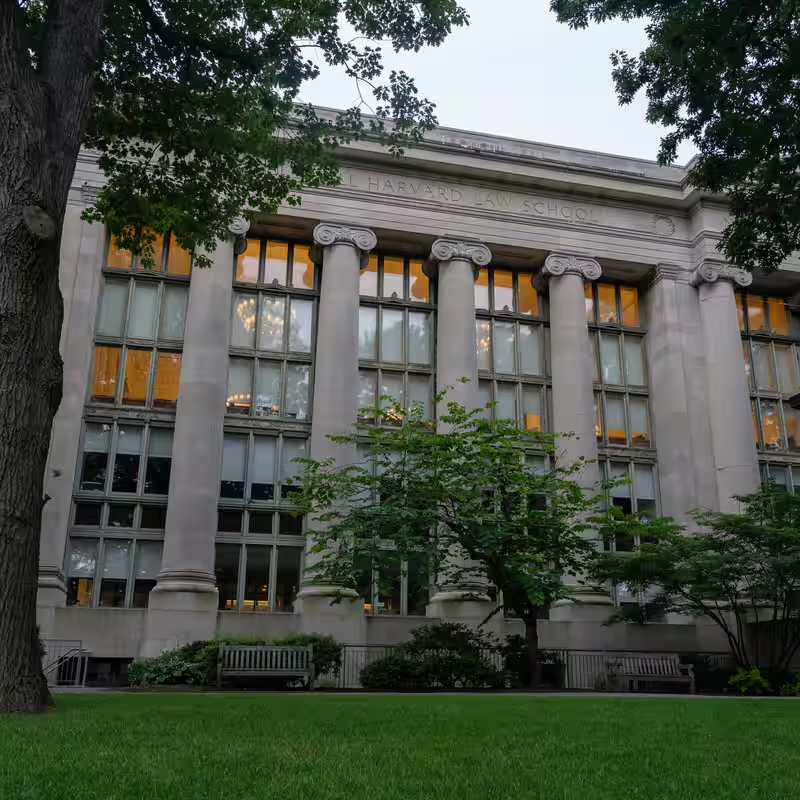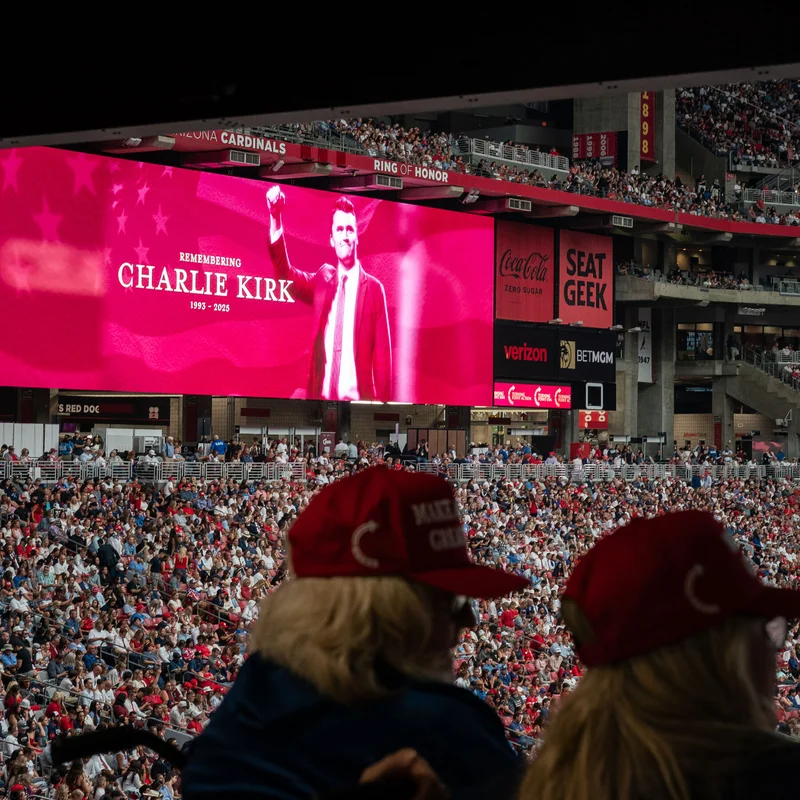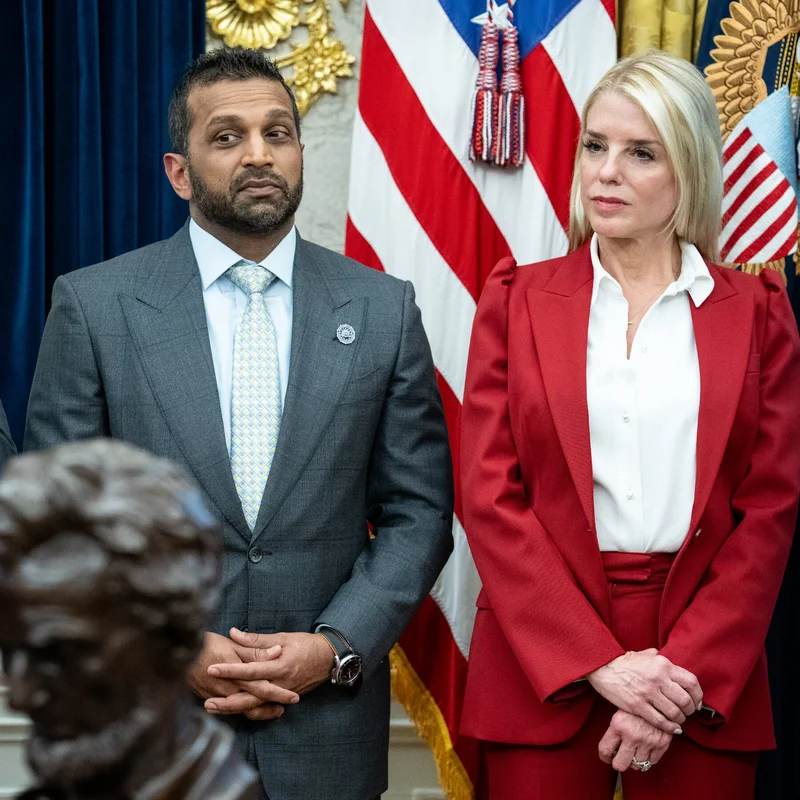Table of Contents
- What Happened Outside the Brookline Synagogue?
- Who Is Carlos Portugal Gouvea?
- Was It an Antisemitic Attack?
- Harvard’s Swift Action and Ongoing Investigation
- Why Federal Officials Got Involved
- Local Jewish Leaders Urge Calm
- Sources
What Happened Outside the Brookline Synagogue?
On Wednesday, October 1, 2025—during Yom Kippur services at Temple Beth Zion in Brookline, Massachusetts—a loud popping noise startled congregants and security personnel. The source? A pellet gun being fired by a man later identified as Carlos Portugal Gouvea, a visiting law professor at Harvard University.
According to the Brookline Police Department, Gouvea told officers he was hunting rats near his residence, which is located just a few blocks from the synagogue. However, discharging a pellet gun in a densely populated residential area is illegal—and the act caused immediate alarm during one of Judaism’s holiest days.
Temple security placed the building on lockdown after hearing the shots. A guard spotted Gouvea behind a tree with the weapon. When approached, Gouvea allegedly resisted briefly before fleeing on foot. He was arrested shortly afterward at his home.
Who Is Carlos Portugal Gouvea?
Gouvea is a Brazilian legal scholar specializing in constitutional law and currently serving as a visiting professor at Harvard Law School. Colleagues describe him as mild-mannered and deeply engaged in academic work. Notably, he is married to a Jewish woman and has Jewish children—a fact that has since played a key role in community reassessments of the incident.
His attorney, Vikas S. Dhar, called the event “a total misunderstanding of an entirely innocent situation,” emphasizing that Gouvea had no intention of targeting the synagogue or its worshippers.
Was It an Antisemitic Attack?
Initial fears ran high. With rising antisemitic incidents nationwide—and the shooting occurring during Yom Kippur—many assumed the worst. But law enforcement moved quickly to investigate bias motives.
“If the responding officers had believed that antisemitism had been a factor in Mr. Gouvea’s actions, they would have charged him with a hate crime,” said Paul Campbell, a spokesperson for the Brookline Police Department. “Based upon their investigation, they did not submit any bias-based charges.”
Rabbi Hirschy Zarchi of Harvard Chabad confirmed at a campus memorial event that Gouvea’s actions were not antisemitic. “This man is married to a Jewish woman and has Jewish children,” he told attendees. “We can all take a sigh of relief.”
Harvard’s Swift Action and Ongoing Investigation
Within 48 hours of the incident, Harvard placed Gouvea on administrative leave pending a full internal review. A Harvard Law School spokesperson stated the university takes “all matters involving public safety and community trust with the utmost seriousness.”
The professor faces multiple charges, including:
- Illegally discharging a pellet gun
- Disturbing the peace
- Disorderly conduct
- Felony property damage (a parked car was struck by a pellet)
Why Federal Officials Got Involved
The incident drew immediate attention from the Trump administration, which has been pressuring universities—including Harvard—over alleged failures to combat antisemitism on campus.
Harmeet Dhillon, head of the Justice Department’s civil rights division, posted on social media: “Do NOT mess with houses of worship or people of faith in our country. I’m on it.”
While no formal federal action has been announced, the case adds fuel to an ongoing political debate about campus safety, religious freedom, and federal oversight of elite institutions.
Local Jewish Leaders Urge Calm
Leaders of Temple Beth Zion issued a joint statement seeking to defuse tensions: “From what we were initially told by police, the individual was unaware that he lived next to, and was shooting his BB gun next to, a synagogue, or that it was a religious holiday.”
They acknowledged the recklessness of using a pellet gun in a residential area but stressed: “It does not appear to have been fueled by antisemitism.”
Brookline officials also noted the town has faced a documented rat infestation since the pandemic, with complaints surging by 300–400% in recent years—context that may explain, though not excuse, Gouvea’s actions.




